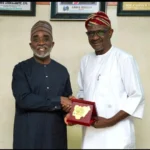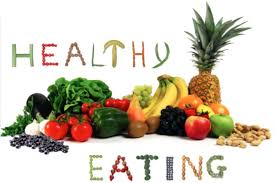Phorbee, who is also the Chief Executive Officer of the Food Agricultural Nutrition Network (FANN), said food should be seen as the first form of medicine for maintaining good health.
“Food is medicine. If they don’t take food as medicine, medicine will be their food.
“Safe, healthy, and diverse nutrition should be a top priority in every Nigerian household,” she stated.
She warned that consuming expired or unsafe food, even during harsh economic times, could lead to severe health complications, stressing that hunger should not justify putting lives at risk.
“People are hungry. They take whatever is given to them. These vulnerable individuals often have no choice. That’s why we must protect them from unsafe food,” she said.
Phorbee stressed that eating unsafe food might cause more harm than temporary hunger, urging Nigerians to prioritise safety over desperation in food consumption decisions.
She called for stricter oversight and accountability in the distribution of food palliatives, especially those supplied by government agencies or donor organisations to vulnerable populations.
According to her, circulating expired or unsafe food is a breach of public trust and a silent but dangerous threat to the nation’s overall health security.
“These people are hungry. They eat whatever they get. That’s why we must scrutinise what is being distributed. It’s better to go hungry than eat unsafe food,” she added.
She urged those responsible for distributing food aid to stop sharing expired products, emphasising that the poor often lacked the power to choose and were therefore at greater risk.
All social intervention programmes, she said, must strictly comply with Nigeria’s Food Safety and Quality Standards to ensure safety and nutritional value for recipients.
Phorbee warned that unsafe food distribution not only undermines humanitarian efforts but also worsens malnutrition and increases the risk of disease outbreaks in low-income communities.
“If palliatives must be shared, they must be safe and nutritious. We cannot continue to justify endangering lives simply because people are hungry,” she warned.
Highlighting Nigeria’s rich food diversity, Phorbee said the country had more than enough resources to support healthy living if existing food systems were properly harnessed and managed.
“We have enough to live healthy lives if only we realised it. Safe, healthy, diverse food must be a national priority. Again, food is medicine,” she said.
She urged journalists to strengthen public education on food and nutrition, noting that the media played a vital role in shaping national attitudes and public awareness on health-related issues. (NAN)(www.nannews.ng)












